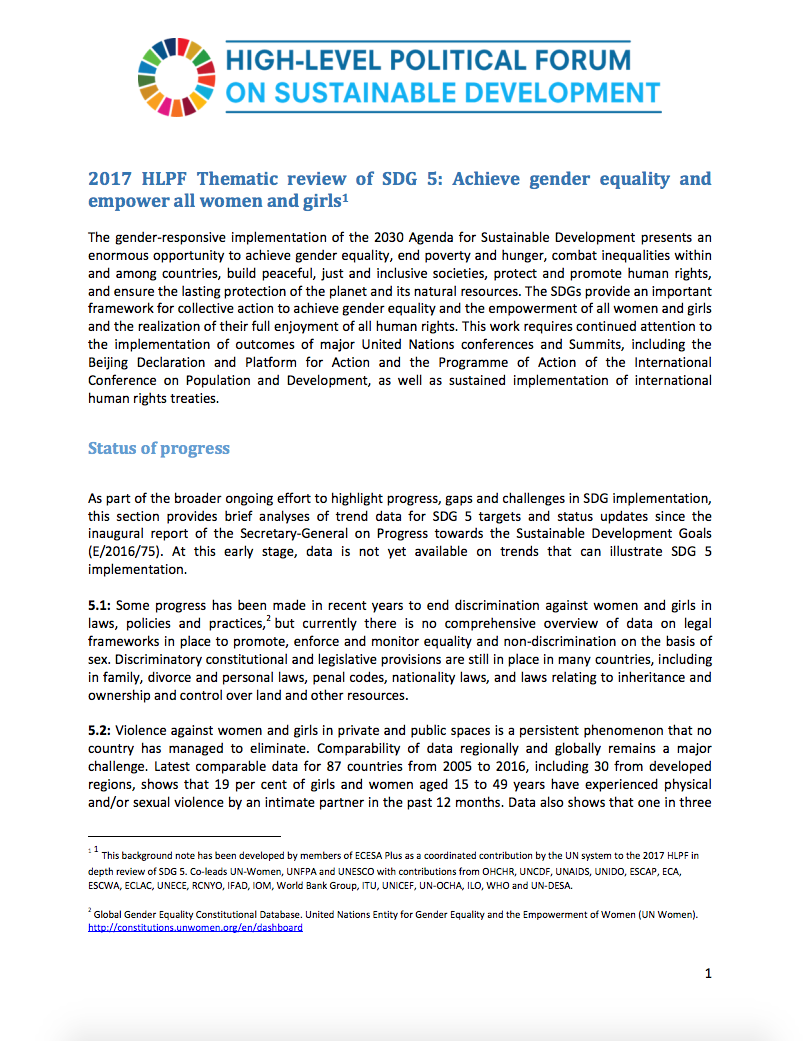Strengthening Dryland Women's Land Rights
Land and land-based natural resources are the foundation of livelihoods for millions of people and are related to social, cultural and spiritual identity. This is particularly the case for drylands people, who, due to low and variable rainfall and water availability, have developed adaptive strategies in response to seasonal, climatic and environmental change. Gender role norms play an important role in these dynamics, where men and women often undertake different livelihood activities to manage difficult ecological conditions.


